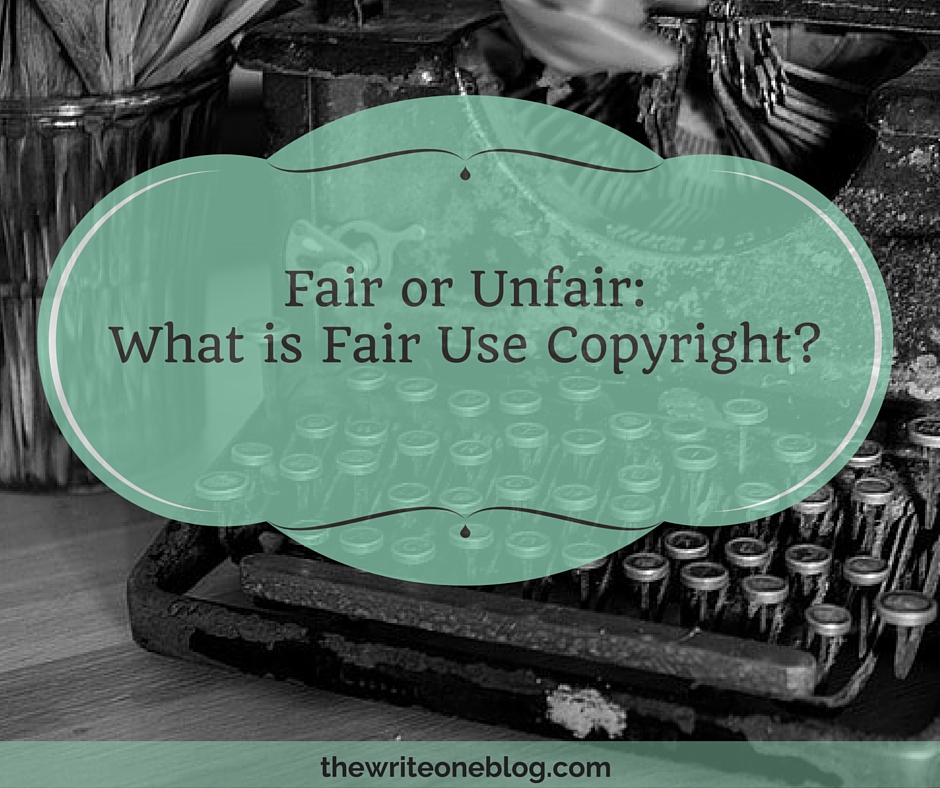While copyright law prevents anyone from using your work as their own, there is one exception – fair use copyright. Whether you’re looking to borrow from someone else’s material or you’re concerned that other people may be using yours, it’s important that you know just what is fair use copyright.
What Is Fair Use Copyright?
Fair use copyright is an exception to copyright law that permits one creator limited use of another creator’s works without needing to acquire their permission. This extends to news, criticism, teaching, and more. While it may seem like it has the potential to be easily abused, there are four factors in place that limit the definition of “fair use” and work in favor of creators and copyright holders alike. They consider the purpose of the derivative work, the nature of the copyrighted work, the portion of copyrighted material used in relation to the whole, and the effect on the potential market for the copyrighted work. I’ll explain each one in more detail below.
The Factors Determining What Is Fair Use Copyright:
1. The purpose: This is determined by the intent behind the derivative work, mainly whether it’s for commercial or nonprofit use. If it’s for educational purposes, for example, then it will almost always be considered fair use. This also takes into account the specific role the copyrighted work plays within the derivative. If the derivative supersedes the original, as in it attempts to replace it in any way, then it is ineligible for fair use and automatically considered piracy under the law.
2. The nature of the original work: The main distinction here is whether the original is fiction or nonfiction. Obviously if the work is fictional, the author has more ownership over their content, whereas certain nonfictional material like facts and data cannot be copyrighted and thus are eligible for fair use.
3. The portion compared to the whole: Here’s a rule of thumb you can use when determining what is fair use copyright and what isn’t – the less copyrighted material used, the more likely the derivative is to be considered fair use. If the amount is greater than that of the derived content, then it is considered copyright infringement.
4. The effect on the market: The final factor considers the potential financial damage that could be done to the copyrighted work. If the derivative supersedes or is in direct competition with the original, then it’s likely not fair use. Criticism, parody, and reviews are all excluded from this condition.
Keep in mind that as our media evolves, so do the laws concerning what is fair use copyright. With the growing demand for online entertainment and video reviews, it’s become especially murky, so tread carefully! What writing are you looking to use? Please share in the comment section below.
NEXT: How To Get A Copyright For Your Manuscript!




0 Comments